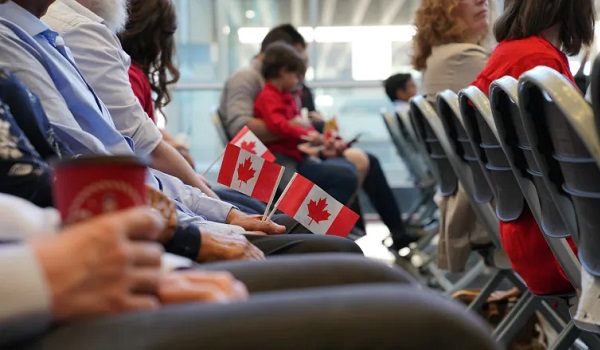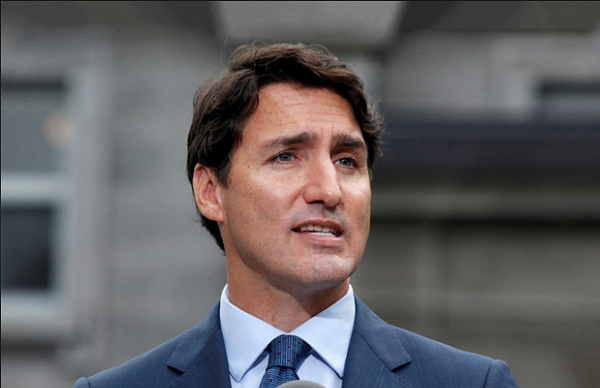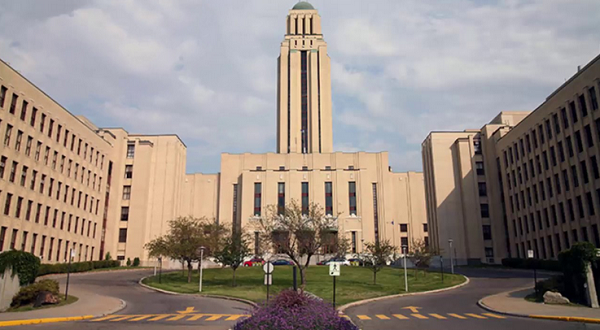Canadians born abroad may have to wait until December for citizenship eligibility
An unknown number of young people born abroad to Canadian parents could wait until at least December to be eligible for citizenship.
Last year, the Ontario Superior Court ordered Ottawa to reverse restrictions imposed by the previous Conservative government in 2009, which limited citizenship by descent to children born in Canada if their Canadian parents were born outside the country
The court declared the 2009 change unconstitutional for creating two classes of citizens and gave Ottawa until June 19 to implement a solution. On Wednesday, the court granted the government’s request to extend that deadline to Aug. 9.
In a statement to CTVNews.ca, an Immigration, Refugees and Citizenship Canada (IRCC) spokesperson explained there were conditions attached to the new Aug. 9 deadline.
“The Judge also ordered a hearing on August 1, 2024 to determine if an extension to December 2024 would be appropriate,” the IRCC spokesperson told CTVNews.ca. “She has asked to be presented prior to the hearing with a report explaining the progress made on Bill C-71 since May 23, 2024 ‘and ideally, intended next steps to pass the bill by December 19, 2024.'”
Bill C-71, An Act to Amend the Citizenship Act, was introduced in late May. If passed, citizenship would automatically be granted to anyone affected by the 2009 change. Going forward, Canadian citizens who were born abroad will also have to spend at least three years in the country before a foreign birth or adoption to be able to pass on citizenship rights to their children.
“There’s no doubt that Canadian citizenship is highly valued and recognized around the world,” Immigration Minister Marc Miller previously said. “We want citizenship to be fair, accessible, with clear and transparent rules.”
With the House of Commons adjourning for the summer on Wednesday, the bill is expected to remain on hold until members of Parliament resume legislative business in mid-September, likely necessitating another court extension.
“Many individuals who considered themselves Canadian were excluded from citizenship simply due to their place of birth,” Toronto-based immigration consultant Al Parsai told CTVNews.ca. “By declaring it unconstitutional, the court recognized the adverse impact on Canadian families and their ties to their heritage.”
The government has no idea how many so-called “Lost Canadians” are impacted. All are aged 15 and younger.
NDP immigration critic Jenny Kwan helped draft the bill alongside the Liberals. She attempted to push it through by asking for unanimous consent from MPs, but Conservatives voted against it twice.
“I’ve talked to family members who’ve been separated from their loved ones because of this unjust law that Conservatives brought in 15 years ago,” the Vancouver East NDP MP said last month. “I’ve talked to family members where their children are deemed stateless, lost in the system, because of this unjust, punitive, unconstitutional law.”
If the federal government is not given another court extension before Bill C-71 passes, it may be up to the immigration minister himself to decide individual citizenship cases.
“If it doesn’t come through we’re sort of in no man’s land,” Miller said before Wednesday’s court extension. “Basically, it’s my discretion deciding who’s Canadian or not. Obviously, that shouldn’t be up to the discretion of a minister.”
If the bill does pass, anyone affected by the 2009 change would be able to apply online for a Canadian citizenship certificate. The government also has a digital tool that can help you find out if you are Canadian
Parsai expects to see a surge in citizenship applications, which could strain government resources.
“The Ontario Superior Court’s ruling in 2023 was a pivotal moment, acknowledging the unfairness of the 2009 policy,” Parsai said. “This change will be immensely positive for Canadians and their families, restoring their sense of belonging and legal recognition.”
With files from The Canadian Press
This article was first reported by CTV News












